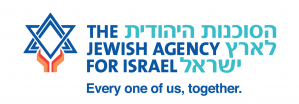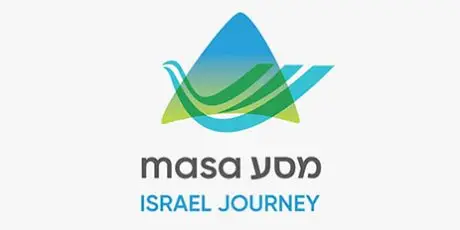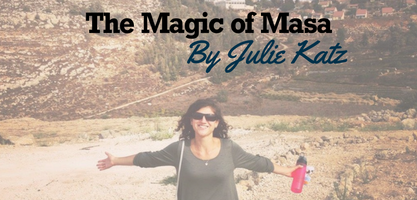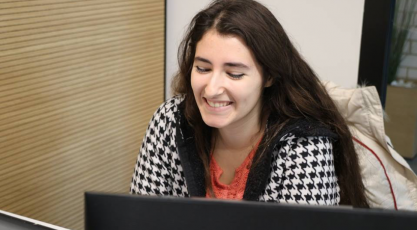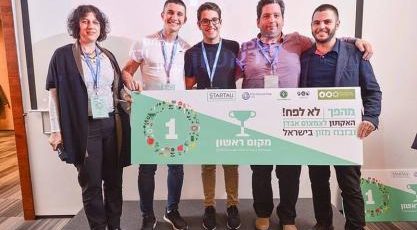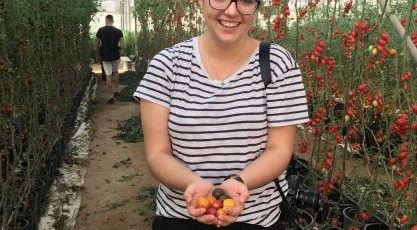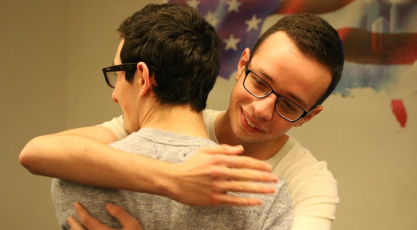Shachar Berkowitz-Regosin is a participant on BINA’s GAP Year in Tel Aviv. All the participants in the GAP and Mechina (pre army program) live as a group using communal resources. This means many daily living decisions are made democratically, as a group. In addition, the group has a joint sum of money that is used collectively for buying groceries and other necessities. Meals are usually cooked and eaten together. In this blog post, Shachar tells us what it’s like to get to grips with budgeting, planning and cooking for seventy people…
It’s Sunday morning and I am sitting at the the kitchen table at the Mechina with a hot mug of coffee in my hand, surrounded by the hectic buzz of the toranim (people on kitchen duty) cooking lunch. With a notebook and pen in hand, encircled by people cutting our daily dose of cucumbers and tomatoes, I begin my weekly task of creating the menu and grocery list for the Mechina for the next two days. This may seem like an easy feat but the language and complexity of planning meals for seventy people, all the while keeping in mind our budget, poses a great challenge. Although now, after a couple of months, I have finally built up my kitchen vocabulary, sometimes even the English word for a given spice or ingredient escapes me as I have become so accustomed to the Hebrew names. Not only have I learned how to go about making the shopping list in Hebrew, but I can now calculate how much pasta or corn flakes the seventy of us eat in a given meal or the most cost-effective ingredients and brands.
With my newly acquired skills I feel at least partially prepared to begin building the shopping list with our cook, Drora, who, speaking only Hebrew, helps us prepare our lunch and dinner nearly every day as well as help from the other two mechinistim [Mechina, pre-army program participants] who together with me are tasked with making the menus and grocery lists for the Mechina.
Today, as Drora runs around the kitchen making sure that the toranim are dressing the salad, that the tahini is made, and that the rest of the dishes are ready for the oven, I plead with her to work with me on the shopping list. After some language misunderstandings and food crises later, I have finished the shopping list for the day, hoping that everything needed has made it onto the list and that the amounts are correct. The toranim for grocery shopping are sent on their way, with a cart in hand, to the neighborhood grocery store. Once we have the supplies, it’s time to get cooking! Toranutis hard work, but fun as we sing and dance as we work! Being in the Israel Gap year program, I’m learning so many new things – including skills that will be really helpful in the future.


